"No thanks, I'm switching to tea."
We've all either uttered these words, or heard them uttered, many times in our lives. We've all witnessed, or experienced, a breakdown in one's relationship to coffee that's so complete it prompts us to reach for a kinder, less stimulating alternative.
What makes tea so much easier to deal with? A big part of the answer, of course, is that one serving of tea naturally contains a far smaller dose of caffeine, and of methylxanthine alkaloids in general, than does one serving of coffee. So, we can drink a lot more tea before getting overstimulated.
Let's be honest, though, most of us eventually make our way back to coffee. So what can we do to make the addiction easier on ourselves?
Fortunately, Revive MD is offering us a viable solution.
Revive MD Suntheanine – Deals and Price Drop Alerts
Get Price Alerts
No spam, no scams.
Disclosure: PricePlow relies on pricing from stores with which we have a business relationship. We work hard to keep pricing current, but you may find a better offer.
Posts are sponsored in part by the retailers and/or brands listed on this page.
Revive MD Suntheanine L-Theanine
Another big reason for tea's relatively forgiving nature is an amino acid called theanine. While Camellia sinensis, the plant that gives us white, green, oolong, and black teas, naturally contains high levels of theanine, coffee does not. And because of theanine's impact on the brain, this discrepancy between the two beverages ultimately has a big impact on user experience.
And when it comes to theanine sourcing, our favorite form – and the long-time industry standard – is Suntheanine L-theanine, which is why we're stoked to see Revive MD using it. We'll get into what makes Suntheanine so special, but first let's cover some background on what theanine is and how it works.
Caffeine's sidekick and natural foil
In the brain, theanine actually behaves like a neurotransmitter,[1] where it has relaxing, anti-anxiety effects. It has an inhibitory effect on neurotransmission,[2-4] which basically means it calms neurons down.
The upshot for the user is a palpable anti-anxiety effect. The best part, though, is that theanine isn't a sedative – it helps you get relaxed without causing drowsiness.[5]
How theanine and caffeine synergize
Theanine was catapulted to prominence in the early 2010s by biohackers who championed it for its ability to synergize with caffeine, helping you keep the upside of caffeine use while mitigating the downside.
Anti-vasoconstriction
Although we do not yet have a comprehensive understanding of how theanine and caffeine interact,[6] some research has shown that theanine helps reverse caffeine's cerebral vasoconstriction effect,[7] which may be a big part of the explanation.
Cognitive performance
Whatever the reason, research consistently finds that combining theanine and caffeine improves mood and cognition to a greater extent than either ingredient alone. This was most famously demonstrated in a groundbreaking 2008 randomized controlled study that found theanine+caffeine increased accuracy on a cognitive tested, reduced fatigue, sped up reaction times, and expanded arithmetic working memory to a greater extent than either caffeine or theanine alone.[8] The combination also left subjects better able to judge the meaning of written texts, while increasing their alertness.[8]
Cleaner energy boost
Speaking more subjectively and anecdotally, almost anyone who's tried the theanine and caffeine combo will report that it really takes the edge off caffeine, giving them a calm, focused buzz without the "dirty," jittery energy that we typically see from large caffeine doses.
Sleep aid
Unsurprisingly, theanine has been identified as a great potential sleep aid.[5,9] As part of its inhibitory effect, theanine can upregulate GABA,[10] a famously calming and anxiolytic neurotransmitter that's commonly targeted by sleep-promoting supplements. Studies show that theanine administration can actually reduce resting heart rate,[10] which is a strong sign of relaxation and probably beneficial for almost anyone who's struggling to fall or stay asleep.
Why Suntheanine Is Special – Enantiomerically Pure
So why prefer Suntheanine L-theanine to generic L-theanine?
The answer, as is usually the case with trademarked or patented ingredients, is purity. However, in Suntheanine's case, we're talking about a slightly different kind of purity than usual. What we usually mean by a pure ingredient is that it's free of contaminants – meaning the manufacturer goes to extraordinary lengths to ensure that the final product does not contain any residues of, for example, solvents or heavy metals that may have been involved in the manufacturing process.
Now, to be clear, Suntheanine is pure in that sense: in terms of chemical purity, it's as pure as a designer ingredient gets.
But what makes Suntheanine really special – and earned it patented status rather than just trademarked – is that it's manufactured using a special enzymatic process that ensures stereochemical purity.
That is, Suntheanine consists of 100% L-theanine.
To understand the significance of that, you have to know what the L-prefix in L-theanine really signifies. The explanation is found in stereochemistry – the study of molecules' spatial arrangement.
In stereochemistry, the study of chemical isomers, there is a concept called chirality, which in very simplified terms means that if you create a mirror image of a molecule, you'll get an image that can't be superimposed on the original image. If that's tricky to understand, think of your left and right hands: although they are mirror images of each other, if you stack them on top of each other, they will not perfectly overlap.
These pairs of chiral mirror images are called enantiomers. Regarding theanine, L-theanine is what's called left-handed enantiomer, while its opposite number D-theanine is the right-handed enantiomer.
We want L-theanine instead of D-theanine because when it comes to nutritional supplementation, the left-handed enantiomers of amino acids are more efficacious than the right-handed ones, and theanine is no exception to that rule. Pharmacokinetic studies in animals have found that L-theanine is preferentially absorbed by mammalian organisms, while D-theanine is preferentially excreted.[11] In other words, L-theanine is bioavailable while D-theanine is not.
Why Suntheanine Got A Patent – 100% L-isomer Process
So with all that in mind, we can finally understand how cool it is that Suntheanine is produced using a patented enzymatic process that generates only the L-isomer L-theanine.[12] In other words, Suntheanine is enantiomerically pure – it consists only of the enantiomer we want, giving you the most bang for your buck and most consistent dosing.
FDA Generally Recognized As Safe (GRAS)
Furthermore, Suntheanine has been subjected to an extensive safety evaluation process, which culminated in it being given the Generally Recognized As Safe (GRAS) designation by the U.S. Food and Drug Administration.[13]
Suntheanine-specific studies
Finally, plenty of studies have been done using suntheanine specifically, as opposed to generic L-theanine. Those studies have found that in addition to providing all the usual benefits of generic theanine, Suntheanine can:
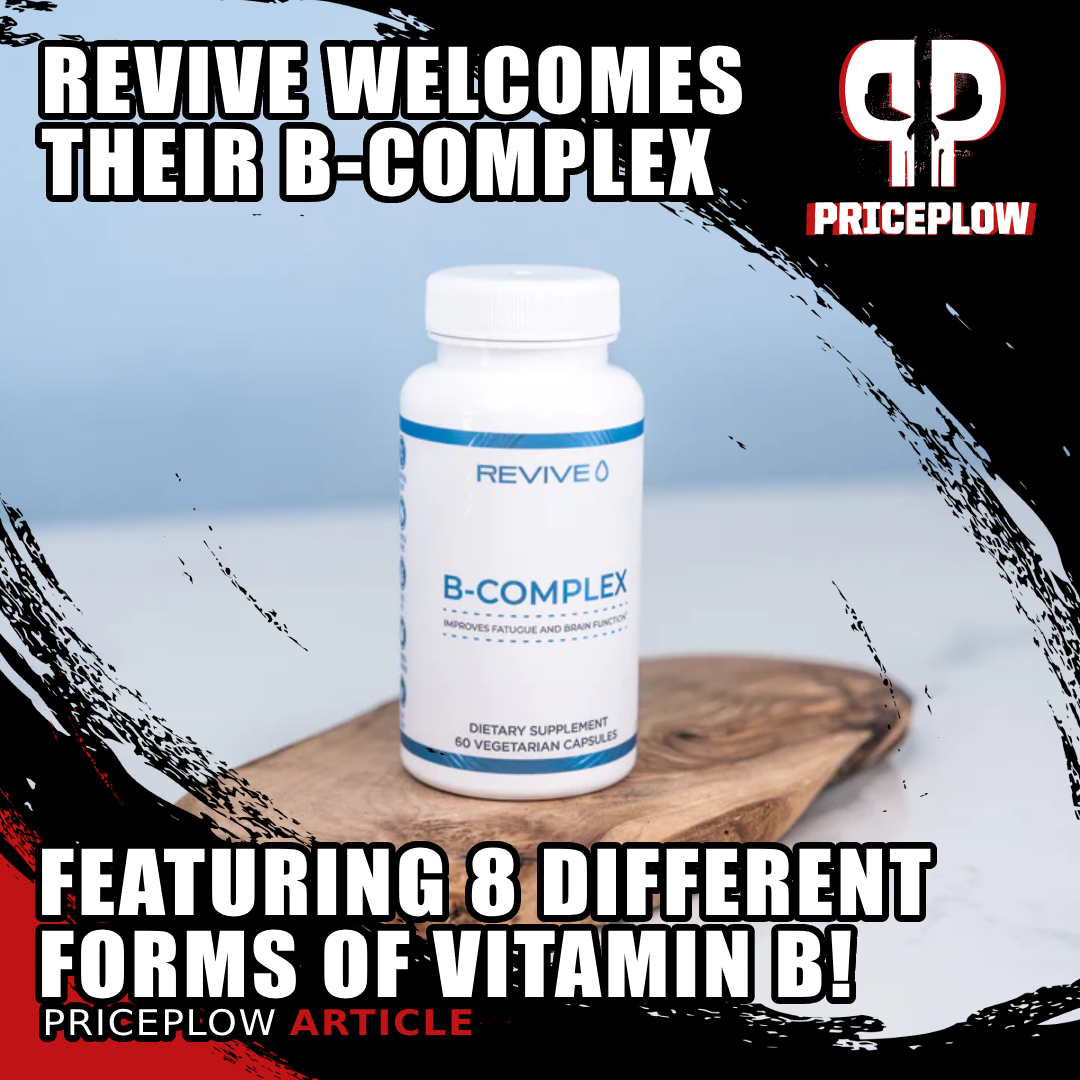
Combine your Suntheanine with Revive's B-Complex to improve brain function and fatigue even more!
- Mitigate the effects of stress while improving cognition[14]
- Improve cognition in the middle-aged and elderly[15]
- Improve depressive symptoms[16]
- Decrease symptom severity in boys with ADHD[17]
- Partially reverse epigenetic changes associated with PTSD[18]
Conclusion
Suntheanine has been the industry standard theanine for well over a decade now, and it's not hard to see why. It's priced competitively with generic theanine, and comes with tons of assurances about purity and safety that mystery theanine sources can't provide.
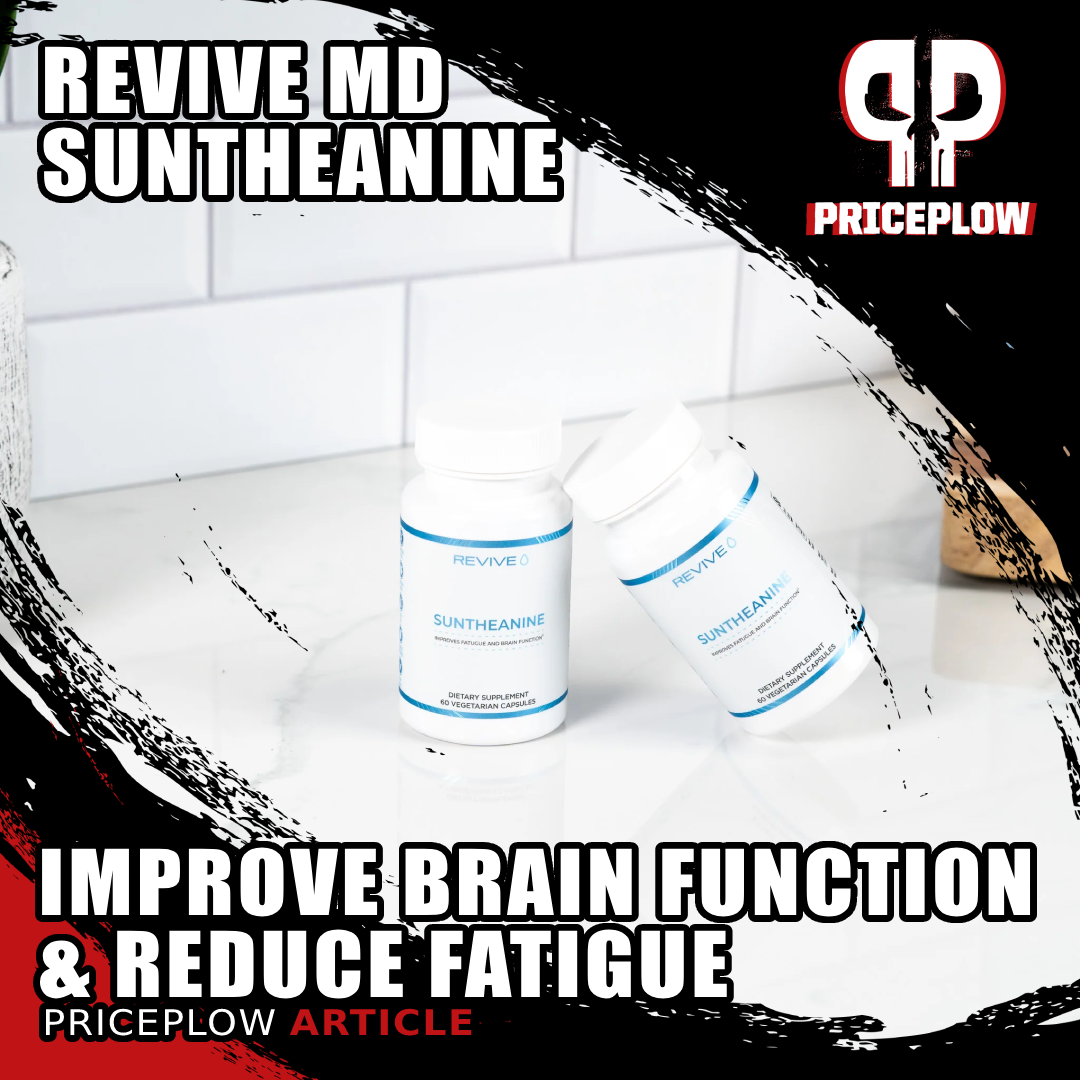
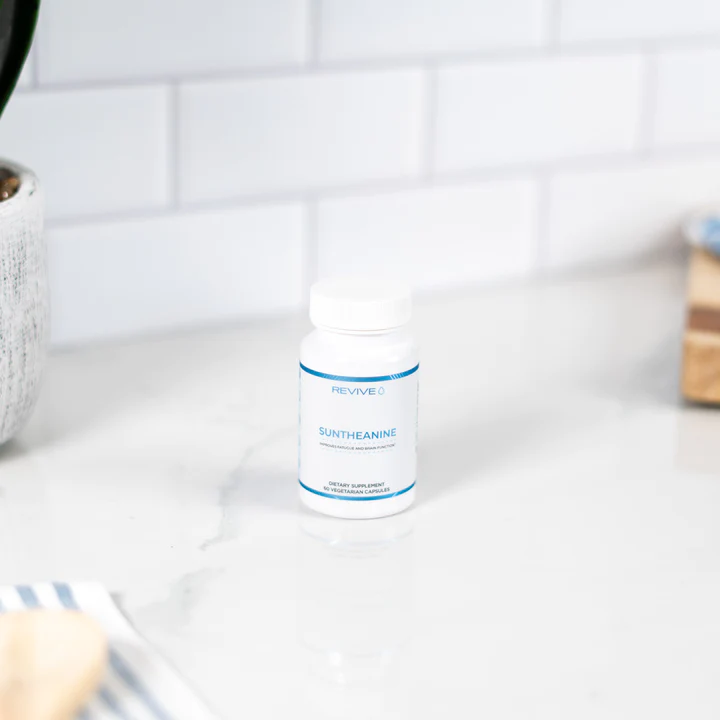
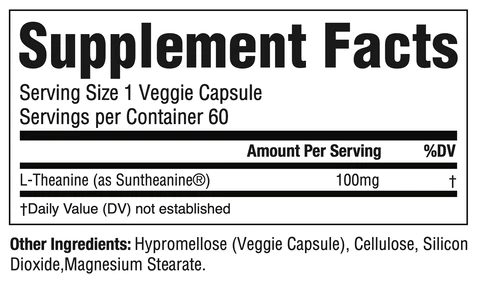
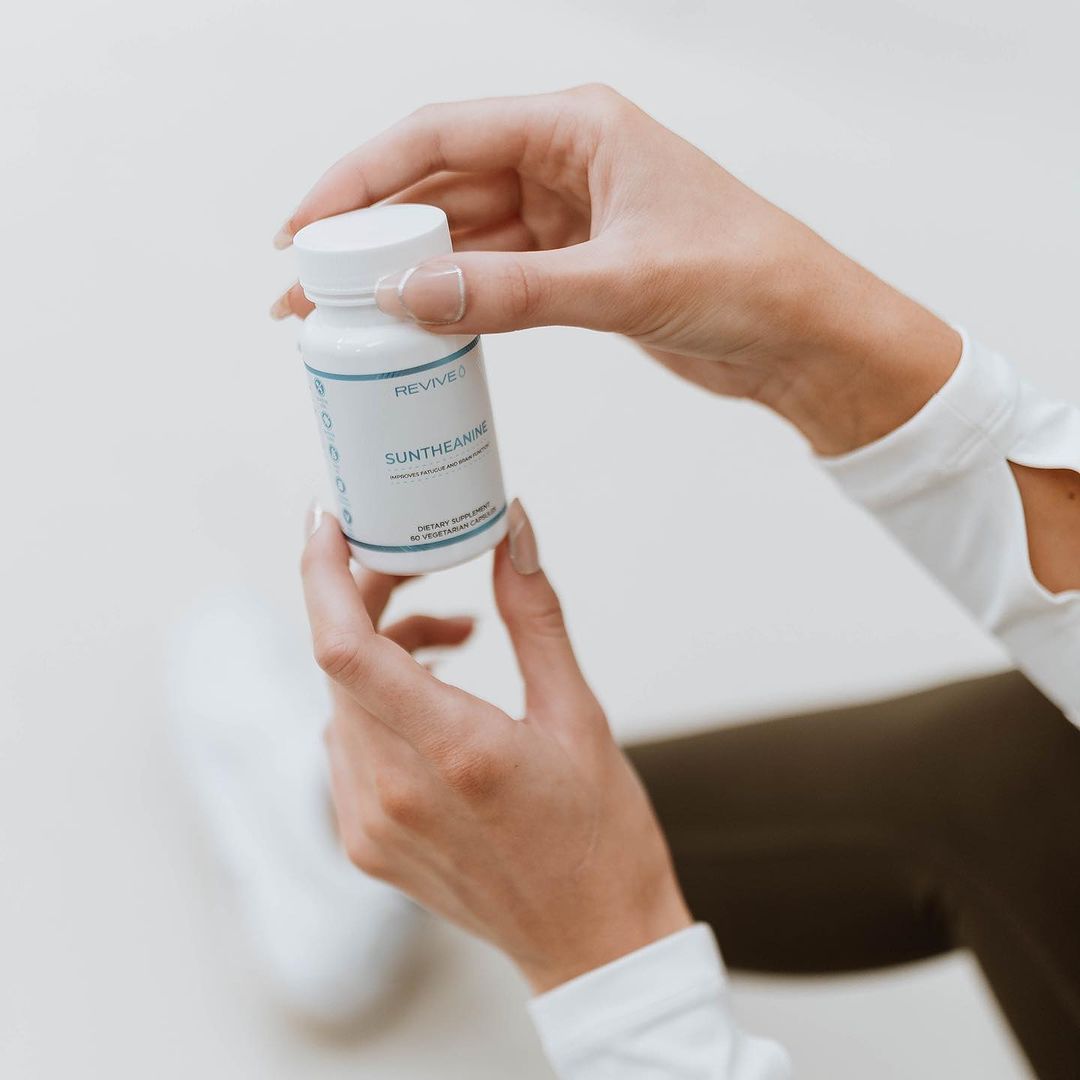
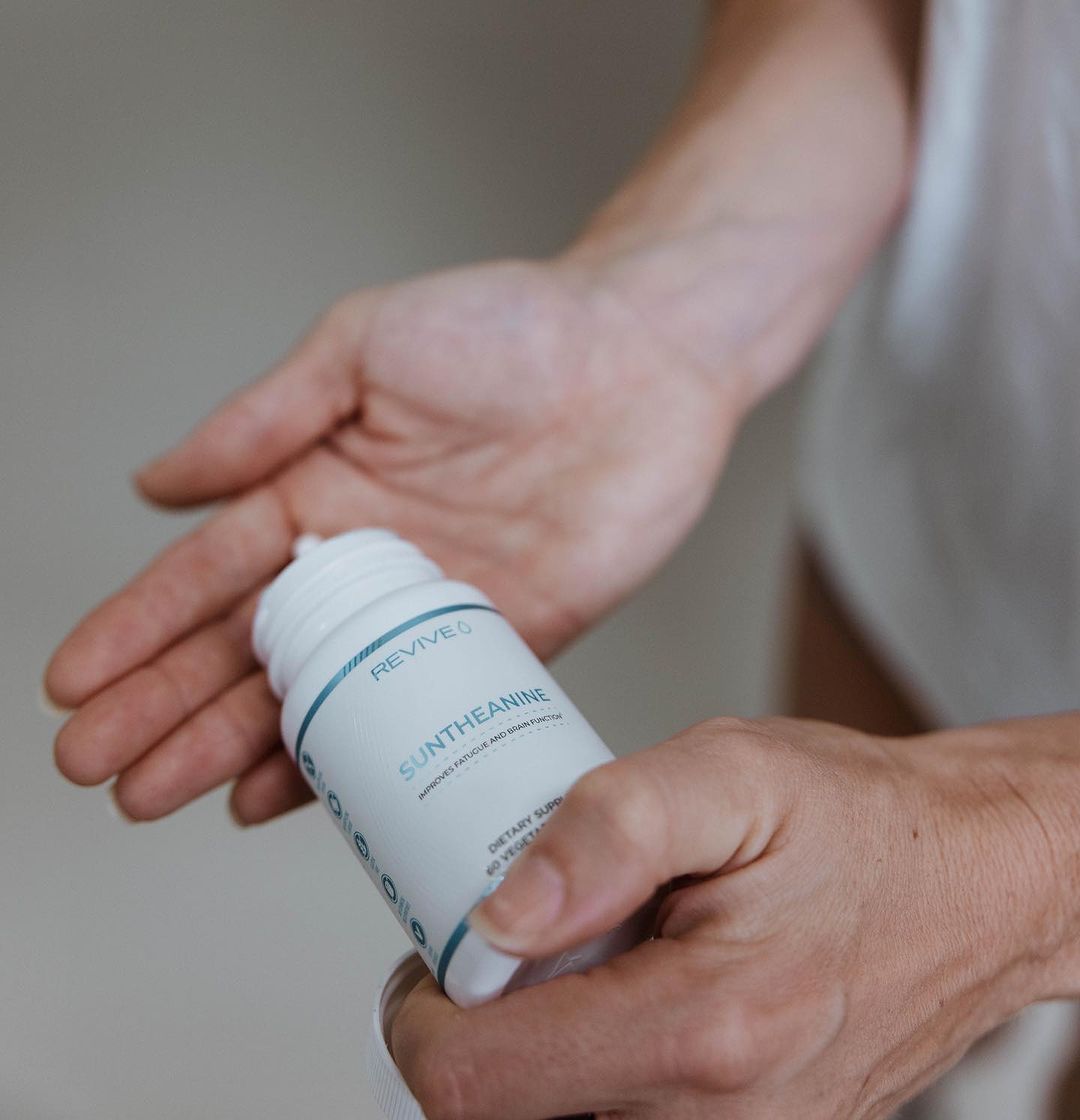


Comments and Discussion (Powered by the PricePlow Forum)